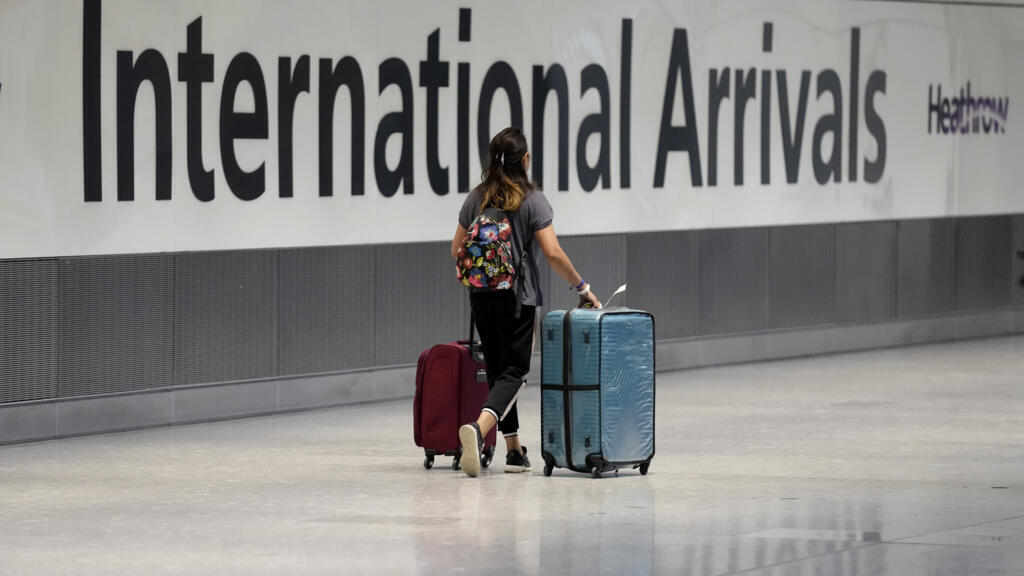UK Net Migration Declines by Nearly Half in 2024
Official figures released on Thursday indicated a significant decline in net migration to the United Kingdom, with numbers falling by nearly 50% in 2024. This reduction comes in response to a notable decrease in the issuance of work and study visas, which have been pivotal pathways facilitating the entry of numerous foreign nationals into the UK.
The latest statistics reveal that the number of visas granted for work and study purposes has sharply dropped, a trend that has impacted the overall immigration numbers. It reflects the government’s ongoing efforts to manage and control immigration levels in the country, especially following the events of Brexit, which prompted extensive discussions regarding the nature of immigration policies in the UK.
In light of this significant change in migration patterns, British Prime Minister Keir Starmer earlier this month announced a series of new measures aimed at tightening the immigration rules further. These measures are designed to address public concerns over migration and focus on prioritizing skilled workers who can contribute to the UK economy without overwhelming local resources.
The government highlights that this decline in net migration is a direct outcome of its comprehensive immigration strategy, which seeks to align the influx of migrants with the country’s labor market needs while maintaining strict controls. The reduction is seen as a response to ongoing debates surrounding the social and economic implications of immigration on UK society.
As net migration numbers continue to fall, discussions have emerged regarding the potential long-term effects on various sectors that rely on migrant labor. Industries such as healthcare, agriculture, and technology will need to adapt to the new reality of reduced worker availability, raising concerns about potential labor shortages. Business leaders have expressed their worries, indicating that an overly restrictive immigration policy may hinder economic growth and innovation in the UK.
The impact of these policy changes is being closely monitored, as stakeholders assess the ramifications on the economy and public services. Critics of the government's approach assert that while managing immigration is necessary, it must be balanced with the needs of sectors dependent on foreign talent to maintain operational efficiency and competitiveness on a global scale.
As the UK navigates this complex landscape of immigration, the government’s next steps will likely be scrutinized by both supporters and opponents of the current policy framework. The broader implications of the decline in migration will continue to unfold, as businesses and communities adapt to the changing demographic landscape and the potential labor market challenges that may arise.
In conclusion, the decrease in net migration to the UK in 2024 signifies a pivotal moment in the country's immigration narrative, as policymakers grapple with balancing public sentiment, economic needs, and the evolving global landscape. The ongoing adjustments to immigration policy will undoubtedly shape the future of the UK’s demographic and economic landscape.












